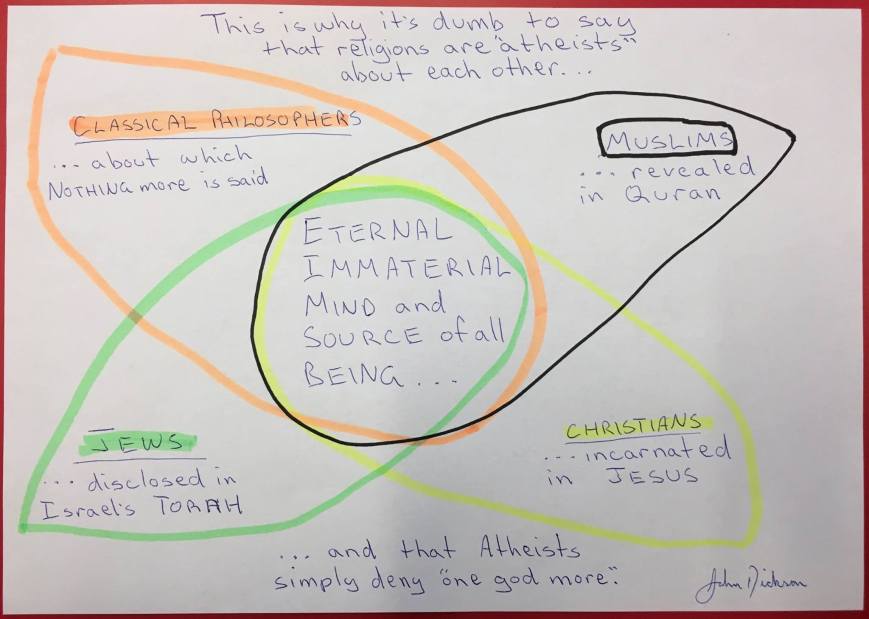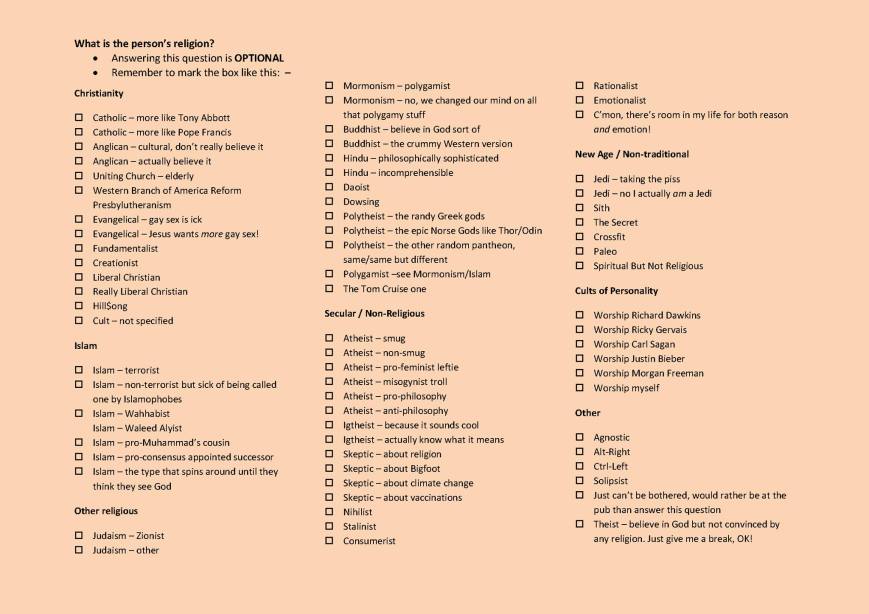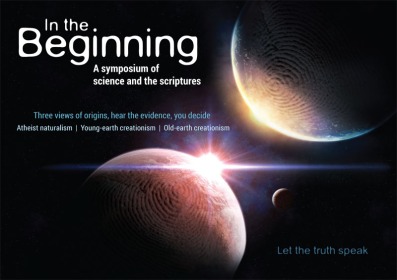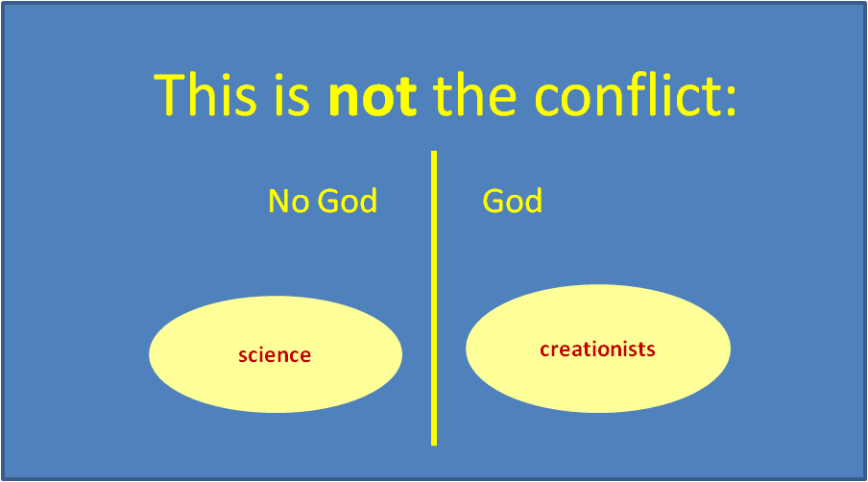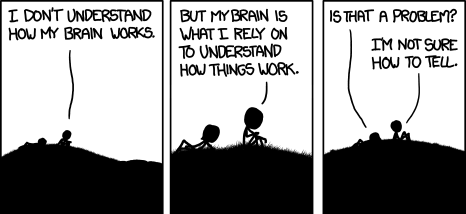I recently had the pleasure of hearing Elizabeth Redman present on the historical reliability of the Gospels. Redman used her experience as a journalist to highlight the conventions which are used in reporting historical events, and also discussed ways in which conventions have changed since Biblical times. An essay based on her talk is available here:
Reporting the Truth
I found her discussion of ancient biographical techniques to be particularly helpful. She discussed four conventions that were popular in Roman times:
The Gospels are written in the genre of Greco-Roman biography . When compared to cases in other surviving biographies where the same writer tells the same story differently in different accounts, a set of deliberate compositional devices become evident … These compositional devices include:
– Compression, where an author knowingly portrays events over a shorter period of time than they actually occurred in
– Transferral, where one person did or said something, but the author attributes the words or deeds to the person who caused them to do or say it
– Spotlighting, where an author focuses on one person in a scene but doesn’t mention others who were also involved
– Displacement, where an author knowingly removes an event from its original context and transplants it in another.
These conventions help explain the differences between the four accounts of the resurrection. For example, the writers offer different lists of women who visited the empty tomb. Luke lists Mary Magdalene, Mary the mother of James, Joanna and “the others”, while John only mentions Mary Magdalene. This appears to be an example of the spotlighting device – multiple women went to Jesus’ empty tomb to anoint his body with spices, but John only highlights Mary, knowingly. The angels receive similar treatment. Matthew mentions one angel, Mark shows a young man in a white robe, Luke lists two men in clothes that gleamed like lightning and John has two angels. This spotlighting of one angel in two of the gospels doesn’t prevent there from being another angel alongside him.
Redman also gave some great perspective on how audience expectations, the importance of witnesses, and the cultural norm of oral tradition would have shaped the narrative structure. It’s a great read, and I recommend you check out the original article.
